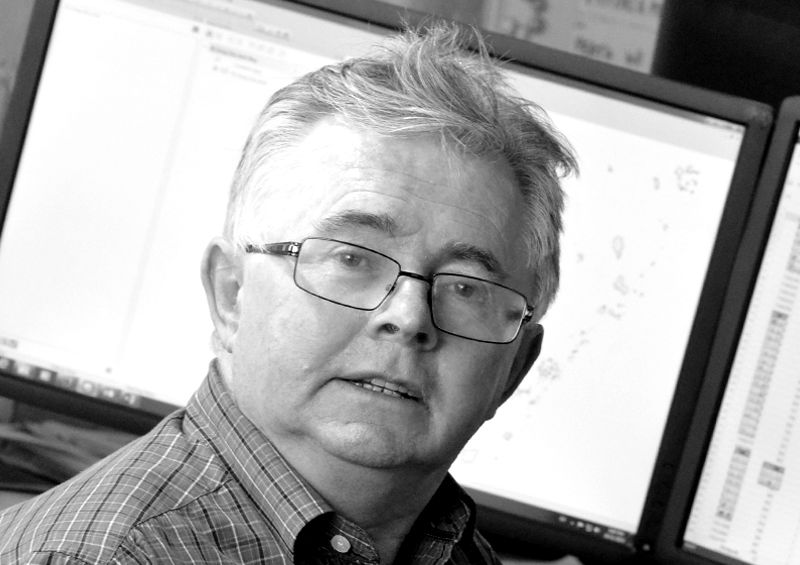The population and housing forecast for the Sunshine Coast region
SA4s in region:
- Sunshine Coast
Published: June 2025
Version: 5.1.0
Read forecast analysis and insights for the Logan-Beaudesert region from Australia's largest independent population forecasting team.
Detailed forecasts are available for this region
Our premium services give you detailed forecast information for this region to help you invest in the right place, at the right time.
- Forecasts by age and sex
- Single-year forecast periods
- Custom local area geography
- Forecasts of housing and development
Menu
Read the insights and analysis behind our population and dwellings forecasts for the Sunshine Coast
region.
About the Sunshine Coast Region
The Sunshine Coast region is an expansive region, ranging from the coastal suburbs of Golden Beach up along the coast towards Sunshine Beach, further encompassing the Glass House Mountains and various other in land towns such as Beerwah and smaller ones such as Cooroy, with the hinterlands in between them. It includes the Noosa Shire Council and Sunshine Coast Council.
The area mainly consists of coastal suburbs with a few population centres such as Maroochydore along the coast and inland population centres such as Nambour and Beerwah. In between these population centres lies pockets of greenfield developments and expansive suburbs.
Key findings
Sunshine Coast
Over the forecast period, the Sunshine Coast SA4 population will grow from around 403,508 in 2021 to around 605,442 in 2046. This is about a 201,934 increase from the 2021 population which is also a 50% increase over a 25-year period.
Most of the greenfield development is occuring within the Caloundra West - Baringa SA2 stemming from the Caloundra South PDA. To the west is the Landsborough SA2 which has other greenfield developments and half of the future growth front - Beerwah East. Once the the ongoing developments in Caloundra South PDA and Landsborough finish up in the middle of the forecast period, it is expected that Beerwah East starts to develop. This is supported by the rail link from Maroochydore to Beerwah being planned & commencing within the 2026.
Outside of these large greenfield developments, there are pockets of greenfield development occurring in in-land centres such as Nambour, where identified land to its southwest is prime for development at a lower price than other parts within this region.
Alongside the coast, you have potential development in zoned key corridors, with the main point of densification being the Maroochydore City Centre PDA located in the Maroochydore - Kuluin SA2. This is currently under the Walker Corporation who will develop the CBD to include a mixed use of land uses as seen with the emergence of residential buildings. It will provide the bulk of it's development in the middle portion after the Brisbane Olympics as the athletes' village is converted to housing.
What share of Australia's growth will occur in Queensland?
We set the context for our local area forecasts with a presentation of our state- and regional-level forecasts for Queensland.
Access the presentation slides (including our forecast data for each region), and a short recap or the full webinar presentation on-demand. Learn what's driving change and how much growth will go to each region of the state over the 25 years to 2046.
Forecast results
The following forecast information presents the combined numbers for the Gippsland Region
Learn more about the different options to access these forecasts for Local Government Areas (LGAs), suburbs, custom catchments or the entire state or nation here.
| 2021 | 2026 | 2031 | 2036 | 2041 | 2046 | |
| Forecast Population | 403,508 | 454,056.4 | 496,987.2 | 537,137.2 | 573,505.6 | 605,483.6 |
| Change (five year) | 505,48.37 | 429,30.87 | 401,49.94 | 36,368.39 | 31,978 | |
| Average Annual Change (%) | 0.02 | 0.02 | 0.02 | 0.01 | 0.01 | |
| Forecast Dwellings | 177,203.9 | 193,464.9 | 212,868.9 | 231,919.9 | 249,239.9 | 264,838.9 |
| Change (five year) | 16,261 | 19,404 | 19,051 | 17,320 | 15,599 | |
| Average Annual Change (%) | 0.02 | 0.02 | 0.02 | 0.01 | 0.01 |
forecast.id
for LOCAL GOVERNMENT
Plan for the changing needs of your community with a trusted forecast of population and housing in your LGA, published in an accessible online tool.
forecast.id
for LOCAL GOVERNMENT
Plan for the changing needs of your community with a trusted forecast of population and housing in your LGA, published in an accessible online tool.
forecast.id catchments
for LOCAL GOVERNMENT
Access detailed forecasts and powerful map-based reporting that helps your teams plan more effectively within and beyond your Local Government Area.
forecast.id premium
for INDUSTRY
Bring the full power of our National Forecasting Program into your organisation. We'll work with you to tailor a data partnership supported by our experts.
forecast.id premium
for INDUSTRY
Bring the full power of our National Forecasting Program into your organisation. We'll work with you to tailor a data partnership supported by our experts.
forecast.id partners
for INDUSTRY
Our pay-per-download program gives our consulting partners instant access to reliable and respected forecast information on a project-by-project basis.
forecast.id partners
for INDUSTRY
Our pay-per-download program gives our consulting partners instant access to reliable and respected forecast information on a project-by-project basis.
forecast.id hotspot report
for INDUSTRY
Find a location near the people you serve with a tailored report that identifies up to ten locations with the highest number of people in your target demographic.
forecast.id hotspot report
for INDUSTRY
Find a location near the people you serve with a tailored report that identifies up to ten locations with the highest number of people in your target demographic.
forecast.id location report
for INDUSTRY
Whether you're investing in a new location or checking your current strategy is on track, forecast.id location reports quantify future demand for a known location.
forecast.id location report
for INDUSTRY
Whether you're investing in a new location or checking your current strategy is on track, forecast.id location reports quantify future demand for a known location.


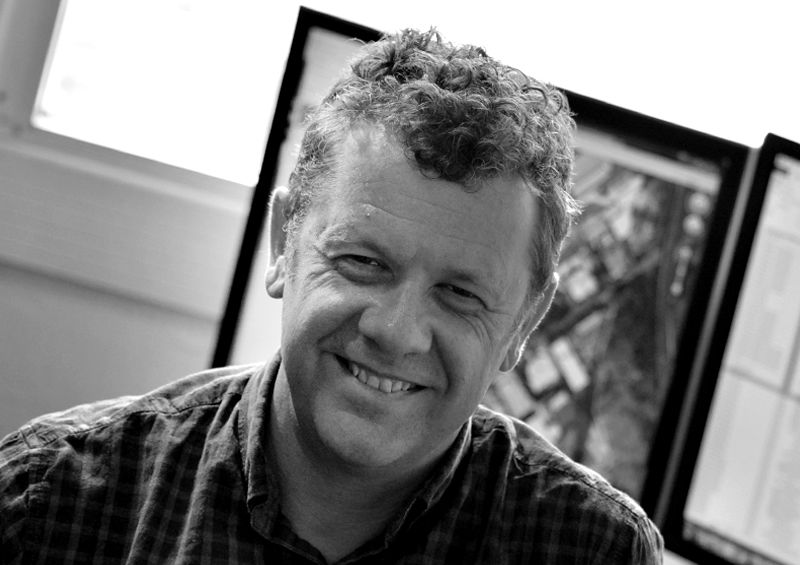
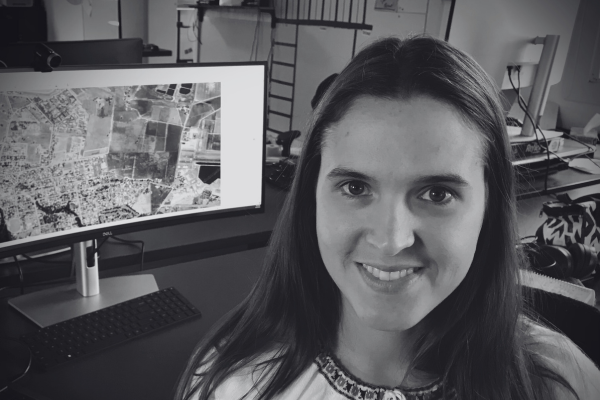
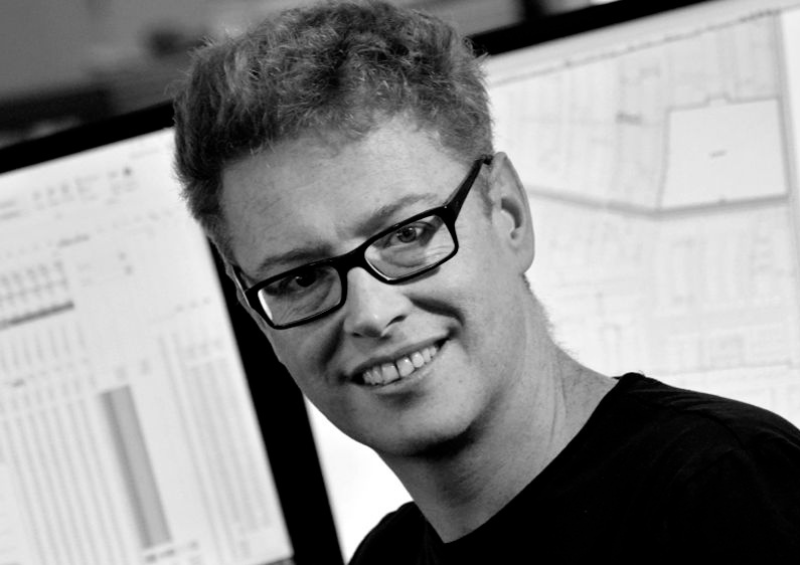
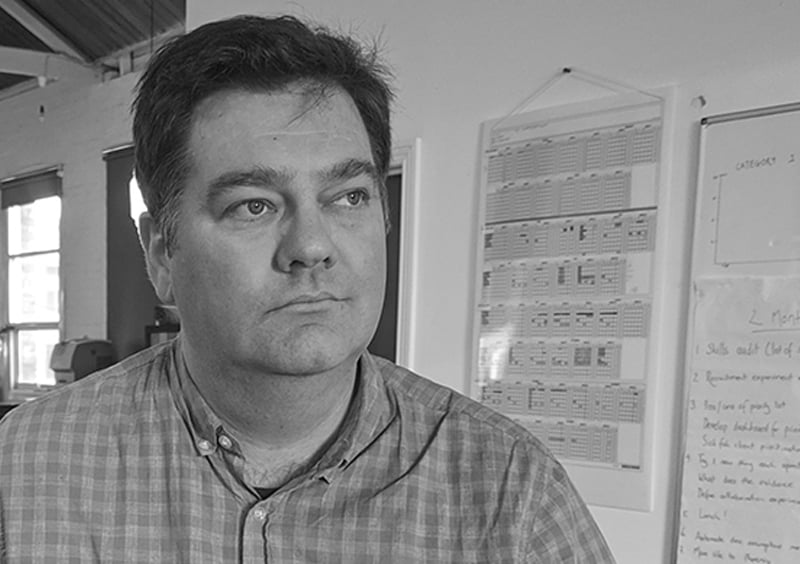
.png?width=600&height=400&name=Meet%20the%20team%20%20Oliver%20Bowering%20(1).png)
